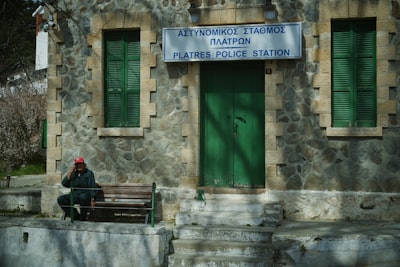Overview
The Multinational Security Support Mission (MSS) in Haiti is an international security intervention launched in response to the escalating crisis of gang violence and instability in Haiti. Established under the auspices of the United Nations and primarily supported by the United States, the mission seeks to bolster security capacity, restore public order, and enable humanitarian efforts in the country. The mission is notable for its multinational composition, with Kenya volunteering to lead the intervention and contribute key personnel.
Historical Background
Haiti has experienced recurring political and social instability since the early 2000s, exacerbated by natural disasters, economic hardship, and chronic governance challenges. Previous United Nations peacekeeping missions, such as the United Nations Stabilization Mission in Haiti (MINUSTAH), operated from 2004 to 2017 but drew heavy criticism over their effectiveness and incidents involving peacekeeper misconduct. After the withdrawal of previous missions, violence sharply increased, culminating in an acute security and humanitarian crisis by 2023.
Mandate and Objectives
The main objectives of the MSS are:
- To support Haitian law enforcement agencies in restoring law and order.
- To combat gang-related crimes including killings, kidnappings, sexual violence, and arson.
- To facilitate delivery of humanitarian aid and support displaced populations.
- To provide a secure environment for political dialogue and long-term stabilization.
The mission operates with the consent of the Haitian government and coordination with international partners, under the framework provided by United Nations Security Council resolutions.
Kenyan Role and Participation
Kenya emerged as the lead nation of the MSS following diplomatic engagement from the United States and United Nations, who sought to reframe international intervention through an African-led mission. Kenya deployed hundreds of police personnel and assumed operational command in 2024. The deployment has been significant for Kenya, marking a prominent role in global peacekeeping efforts and presenting both diplomatic and domestic challenges.
Structure and Operations
The MSS is composed of police and security forces contributed by several countries, with Kenya as the primary force provider. Operations include:
- Direct support and joint patrols with Haitian National Police.
- Protection of key infrastructure such as ports, airports, and government buildings.
- Engagement with local communities to build trust and gather intelligence.
The mission faces persistent challenges regarding equipment, funding, morale, and security, with personnel occasionally targeted by gang attacks. The high-level of violence and complexity on the ground have limited the mission's effectiveness and posed risks for international personnel.
Criticisms and Challenges
The deployment has drawn criticism both globally and within contributing nations. Concerns include:
- The safety and welfare of deployed personnel, as exemplified by cases of missing officers.
- Transparency and communication with families of personnel involved in dangerous assignments.
- Uncertainties regarding command structure, accountability, and effectiveness in reducing gang power.
Domestically, the missions have sparked legal and political debates about the appropriateness of deploying national police abroad, operational risks, and the mission’s impact on national sovereignty.
Current Status and Outlook
As of mid-2025, the security landscape in Haiti remains tenuous. Gangs continue to exert substantial control over Port-au-Prince and surrounding regions. MSS operations are ongoing but have yet to achieve a decisive shift in the security situation. The success of the mission largely depends on sustained international support, improvements in coordination, and a complementary political process in Haiti.
See Also
- United Nations Peacekeeping in Haiti
- Gang Violence in Haiti
- Kenyan Police Service International Deployments
- Humanitarian Crisis in Haiti

Comments
No comments yet. Be the first to comment!